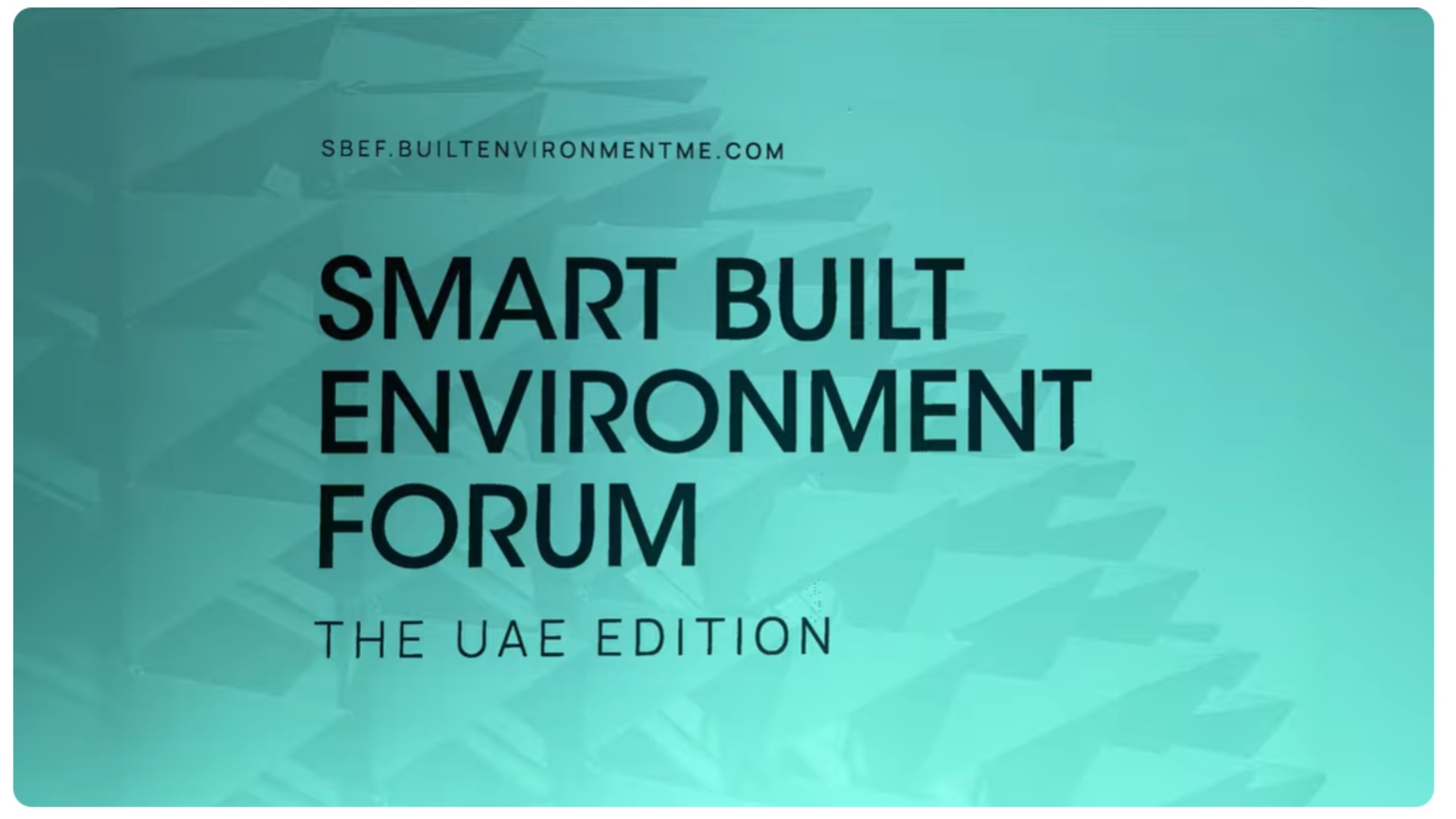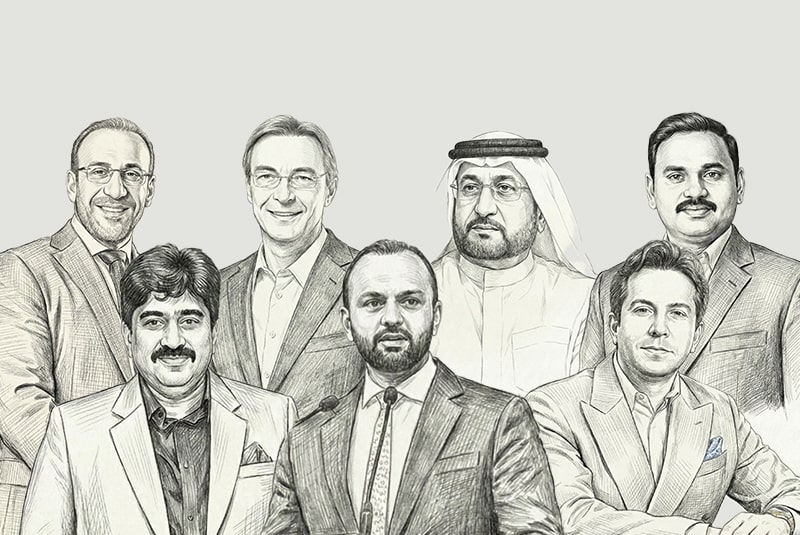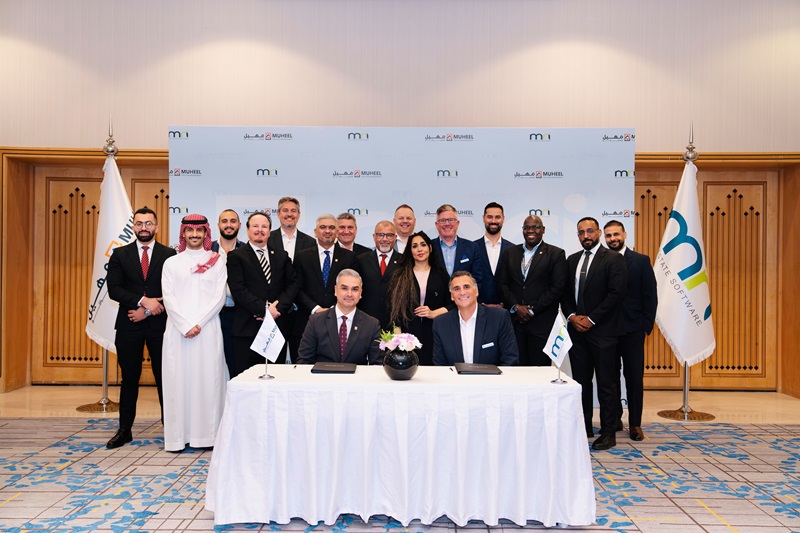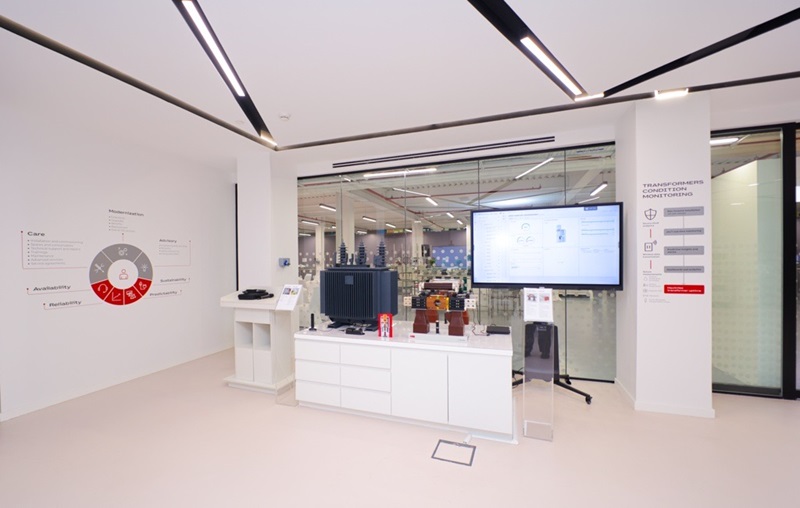
Physical waste is probably the most visible reminder of our impact on the planet, however with recent climatic events and the global realization of climate change this could soon become second. That being said, targeting increases in recycling rates at our homes and workplaces is synonymous with the idea of people “doing their bit” for the environment, therefore it’s a good place to start.
Waste management reporting has always been challenging. When compared with reporting on utilities, it is easy to say how much electricity, gas, or water is being used at a property. Whereas, waste reporting is full of assumptions, size of a bin, how full it is, what type of material is contained within it, how consistent is its composition, is it contaminated, the list goes on… The key difference of course is measurement. Utilities are metered, and equipment is rated where not directly metered itself.
Unless you are working at a site that has waste compactors which are weighed, waste producers are really at the mercy of the waste carrier to provide an estimate of the weights collected, and the composition of the waste for mixed loads. In both cases this is often a measure of the average performance of the waste facility used so the margin for error can be huge. With so much more scrutiny around the accuracy, completeness, and transparency of data being reported, either directly to our clients or through schemes such as GRESB, it has become clear that work is required to clean up waste data.
Recently, an industry project coordinated by the Better Buildings Partnership’s (BBP) Managing Agents Partnership set out to improve the reporting in this area of environmental management, providing outputs that a) sought to standardize the assumptions made by waste service providers when providing their reports; and b) to produce guidance around how to specify waste service contracts.
Through the BBP’s links with the NABERS programme in Australia, already instrumental in improving the energy performance of the built environment there, we were made aware of their expansion into the rating of waste management practice. We have seen that schemes that enable specific waste reporting, allows building owners and managers to either gain recognition for excellent waste management practice at a given property, or identify specific areas requiring improvement.
The initial pilot in 2018 was used to assess how an Australian scheme might be transposed to the UK. The scheme was refined over the past 2 years and a formal pilot agreed, albeit COVID delayed. CBRE UK Property Management put forward two properties to take part in the pilot, as it is felt that such a rating would have most appeal for prime office buildings seeking to differentiate themselves against their competition across a wide range of sustainability indicators.
If all goes well, the adoption of such a scheme could spell the end of rubbish data, drive change within the waste services industry, and give our fantastic building management teams the recognition they deserve for driving improvements in performance in this much maligned area of environmental management.
The question is, with EXPO having started on the 1st October, the 25 million expected visitors and the increase in waste due to be generated, how will the UAE market will react to this challenge and will occupiers and landlords “do their bit” in facing waste management subsequently climate change.
Talking of EXPO, waste and recycling is excellently portrayed in the Terra Pavilion, it is definitely worth a trip.
If you would like to know more, please contact carl.brooks@cbre.com for further information or email alex.barzycki@cbre.com for an introduction to our ESG team.
About the author:
Lindsay McQuillan, Director, Head of Property and Asset Management
Lindsay has acted for a diverse range of corporate clients including specialist REITs, Investment Funds and Privately-Owned Property Companies, advising her clients in all aspects of commercial property. She has specialist experience in; shopping centre acquisition, asset management and value add strategy, setting and reviewing business plans as well as ongoing property management and service charge analysis.
It's time to take the lead in waste management











.jpg)


.jpg)
